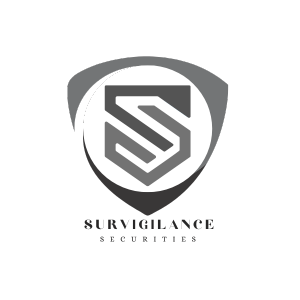Security Patrol Guard
- Roles and Responsibilities:
- Patrol and Surveillance: Patrol guards are tasked with regularly inspecting the premises they are assigned to protect. This involves walking or driving around the area to ensure that all is in order.
- Incident Response: In case of security breaches, alarms, or any suspicious activity, patrol guards are expected to respond promptly. This may involve contacting emergency services, such as the police or fire department. Training and Licensing:
- Security guards in the UK are required to undergo training to ensure they have the necessary skills and knowledge for their roles. Training covers areas such as conflict resolution, first aid, and legal aspects of security.
- Security Industry Authority (SIA) is the organization responsible for regulating the private security industry in the UK. Many security guards need to obtain an SIA license to work legally. Uniform and Visibility:
- Patrol guards typically wear identifiable uniforms to make their presence visible and act as a deterrent to potential wrongdoers. The visibility of security personnel can contribute to preventing security incidents. Technology and Tools:
- Patrol guards often use various tools and technology to enhance their effectiveness. This may include communication devices, CCTV monitoring, and electronic access control systems. Communication Skills:
- Good communication skills are crucial for patrol guards. They may need to interact with the public, colleagues, and law enforcement. Clear and effective communication helps in conveying information and managing situations. Client-Specific Duties:
- Depending on the client's needs, patrol guards may have specific duties tailored to the nature of the premises they are securing. This could include monitoring access points, checking identification, or enforcing specific rules. Legal and Ethical Considerations:
- Security guards must operate within the confines of the law. Understanding legal limitations, such as the appropriate use of force, is essential. Upholding ethical standards is also crucial to maintaining trust and professionalism.
Patrol and Surveillance
- Regular monitoring of designated areas on foot, bicycle, or vehicle.
- Utilization of surveillance equipment, such as CCTV cameras.
Access Control
- Oversight of entry and exit points.
- Verification of identification and credentials.
Emergency Response
- Prompt reaction to alarms and security breaches.
- Coordination with emergency services during crises.
Incident Reporting
- Documentation and reporting of security incidents.
- Detailed incident reports for client review.
Customer Service
- Visible and approachable security presence.
- Assistance and information provision to visitors and employees.
Crowd Control
- Management of crowds during events.
- Implementation of crowd control strategies.
Mobile Patrol Services
- Mobile patrols of multiple locations within a specified area.
- Rapid response to different sites as needed.
Alarm System Monitoring
- Monitoring and response to intrusion and fire alarms.
- Coordination with authorities as required.


